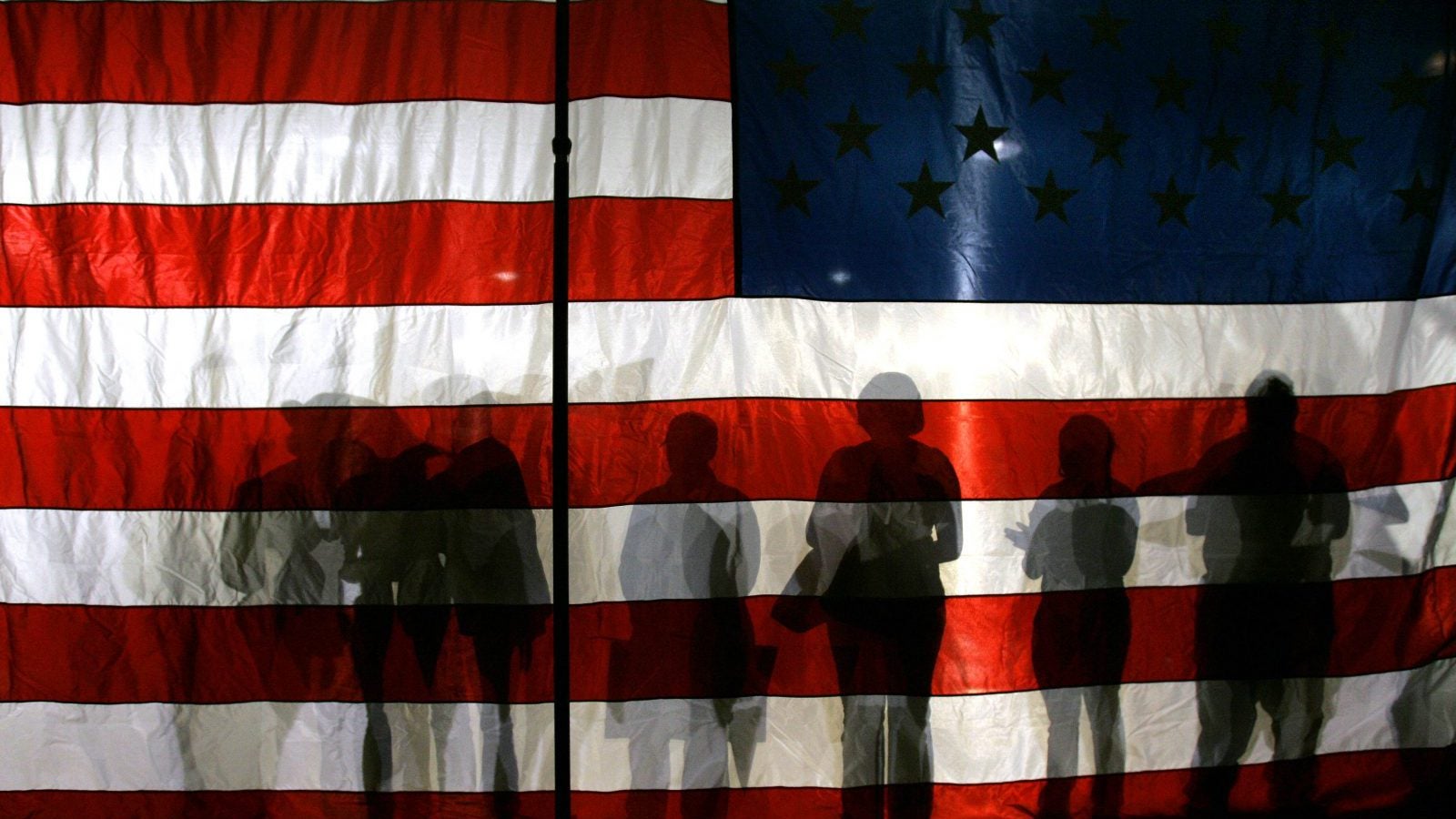White millennials are the most apathetic about the American Dream, a new study shows
As today’s largest and most diverse living generation in the US, millennials are the torchbearers for the next iteration of the American Dream, traditionally defined as the belief that anyone can climb the economic ladder if they work hard.


As today’s largest and most diverse living generation in the US, millennials are the torchbearers for the next iteration of the American Dream, traditionally defined as the belief that anyone can climb the economic ladder if they work hard.
But new research argues that race is a factor in how this generation regards the American Dream. White millennials, according to a study published March 20 (pdf), are the least enthusiastic and optimistic about that idea—the most “apathetically American,” and less energetic and ambitious than their black, Hispanic, and Asian counterparts.
“In a social and political climate where minority groups feel blamed for a deteriorating America, uncovering the insight that white millennials have the lowest interest, energy, excitement, and faith when it comes to achieving a better future for themselves and their country is highly relevant,” Chaille Alcorn, the lead author of the report, told Quartz. “Without minority millennials influencing the future of the country, the outlook appears bleak.”
The researchers, from the University of Texas and the ad agency Richards/Lerma, gauged each group’s ideal version of the American Dream by asking, “What does the American Dream mean to you?” and providing a list of statements to choose from, including the “ability to achieve success and prosperity through hard work, determination, and initiative”; “ideals of freedom, equality, opportunity being available to every Americans”; “a life of personal happiness and material comfort.”
From a national sample of 1,000 millennials, white millennials showed the least faith in and optimism about the American Dream. An April 2016 report (PDF) from the same researchers found that despite being more likely to have a long lineage of American heritage behind them, white millennials show the lowest levels of American pride.
White millennials were also consistently less concerned about reaching personal aspirations, such as achieving financial stability, owning a home, traveling, or getting a college degree. Researchers postulate that these aspirations may have been achieved by the white millennials’ families, so they show reduced ambition.
Judith R. Halasz, a professor of sociology at the State University of New York at New Paltz, told Quartz that the findings challenge “racist conceptions of American identity.” ”In other words, the shifting racial-ethnic demographics (increasing racial-ethnic diversity) in the US are not making the country less American,” she said.
The researchers argue that millennials from minority groups are grasping their own versions of the American Dream: Asian millennials showed the same relatively high satisfaction in life as their white peers; black millennials placed more value on hard work to achieve their dreams; and Hispanic millennials were the most proud of being US citizens.
The report goes so far as to suggest that white millennials are actually “chipping away at America’s value system.”
“Whereas black and Hispanic millennials display hope, optimism, and grit, white millennials seem to let out a collective sigh or ‘meh,'” the report says. “What’s happened here? Have white millennials officially checked out?”
Of course, as these minority segments continue to grow in size and economic power, their families may see more success—which, the researchers speculate, could lead to apathy for their future children and grandchildren.